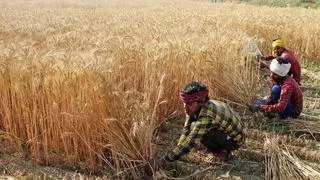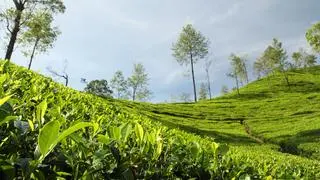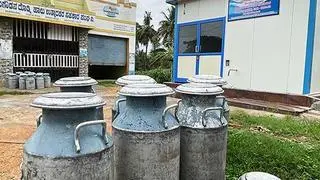The delay in restart of basmati rice imports by Iran and the new price cap of $850 a tonne could pose a major challenge for exporters in India.
Basmati rice prices have rallied by 20-25 per cent since Iran announced to lift the five-month-old ban on imports from India last month.
India exported 4.05 million tonne (mt) of basmati rice last fiscal. Of this, one mt was to Iran. This year, the industry expects overall exports to dip to 3.8 mt due to lower exports to Iran.
Deepak Jotwani, Assistant Vice-President, ICRA, said, “Iran is a major export destination for Indian basmati rice and a decline in demand from Iran has played a major role in pulling down export realisation to $784 a tonne in the first eight months of this fiscal against $1,298 a tonne in FY14.”
Iran’s strategyOver the years, Iran has imposed ban on basmati rice imports from time-to-time to reduce its inventory held by its traders and safeguard the interests of its local farmers.
Iran last imposed a ban on basmati rice imports in July 2016. The Union government had sent a trade delegation to Iran in January to resolve the issue.
Following this, it was expected that the import ban would be removed soon.
While there has been no official notification from Iran, a group of large basmati rice importers in Iran have recently capped the price of basmati rice at $850 a tonne.
In another adverse development for the industry, the US has recently imposed fresh trade sanctions on Iran, which restrains Iran from using dollar for trade.
These two developments have created uncertainty around the resumption of basmati rice exports to Iran, said Jotwani.
75% goes to West AsiaWhile basmati rice is consumed across the globe, West Asian countries accounted for 75 per cent of Indian basmati exports last fiscal. Within West Asia, Iran and Saudi Arabia are the two largest buyers, together accounting for 40-50 per cent of total basmati rice exports from India.
In the past, Iran had been placed under economic sanctions by the US, Europe and the United Nations, following which India started transacting in rupee through UCO Bank to facilitate trade between India and Iran. This led to a surge in Indian basmati rice exports to Iran.








Comments
Comments have to be in English, and in full sentences. They cannot be abusive or personal. Please abide by our community guidelines for posting your comments.
We have migrated to a new commenting platform. If you are already a registered user of TheHindu Businessline and logged in, you may continue to engage with our articles. If you do not have an account please register and login to post comments. Users can access their older comments by logging into their accounts on Vuukle.